The fuel project sees Portuguese waste management company LIPOR team up with renewable hydrocarbon venture P2X Europe and Veolia to launch feasibility studies for an industrial-scale power-to-liquid facility at the Maia energy from waste (EfW) plant.
The project seeks to produce green synthetic eFuel for the aviation industry from the CO2 captured from the waste gas stream of the EfW plant, combined with green hydrogen.
In a first phase, up to 100,000 tons of captured biogenic CO2 is to be recycled for conversion into eFuels and upgraded into synthetic green end products like ‘eKerosene’, ‘eDiesel’, and specialty chemical products.
Carbon capture and utilisation
The planned carbon capture and utilisation (CCU) implementation at LIPOR’s plant consists of capturing, extracting and purifying the biogenic part of CO2.
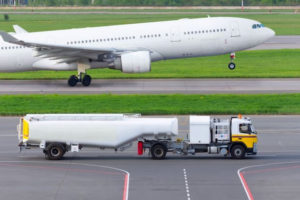
This biogenic part is present in about 60% of CO2 emissions generated as a result of incineration process, Veolia says.
José Manuel Ribeiro, president of LIPOR, said: “This project sets a good example on how waste management systems can make a relevant contribution to the decarbonization of the economy and to carbon neutrality.”
As part of this project, CCU technology can be integrated into the existing EfW plant resulting in “near-zero, or even negative, CO2 emission power generation”.
This could improve the environmental and energy balances of municipal waste incineration, Veolia says.
‘Carbon neutral’
This project is said to be a milestone for the EfW sector and would help meet Portugal’s climate policies and ambition to become carbon neutral by 2050.
José de Melo Bandeira, Veolia Portugal CEO, commented: “Reducing or eliminating greenhouse gas emissions has its own limits, therefore capturing, storing or using these gases is critical for successful global results.”
Christoph Weber, P2X Europe co-CEO added: “By capturing CO2 from the waste gas stream before being released into the atmosphere, the ‘Waste-to-Jet’ project gives non-recyclable municipal waste a climate-friendly afterlife.”
UK
The UK is seeing similar moves to develop sustainable aviation fuel.
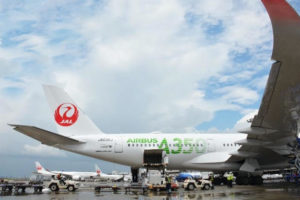
The sustainable fuels technology company Velocys says it developed an alternative fuel derived from gasified woodchips in the summer of 2021.
The fuel is said to have been produced in a Velocys reactor from the hydrogen and carbon gases generated by the gasification of woodchips.
Most recently, Velocys partnered with British Airways in a project in North East Lincolnshire, with the construction of the waste to sustainable aviation fuel plant to commence in 2024.
The project is expected to be completed by mid-2026 and be commercially operational in 2027.




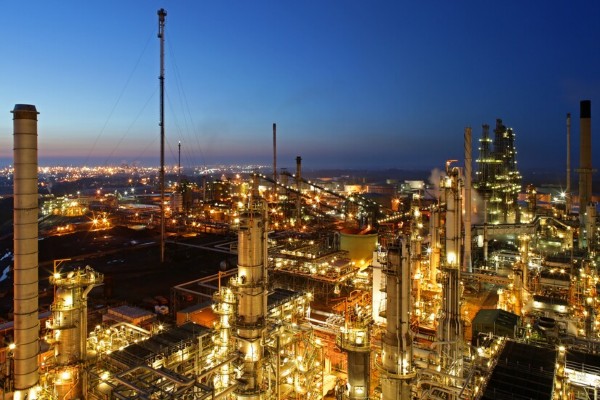

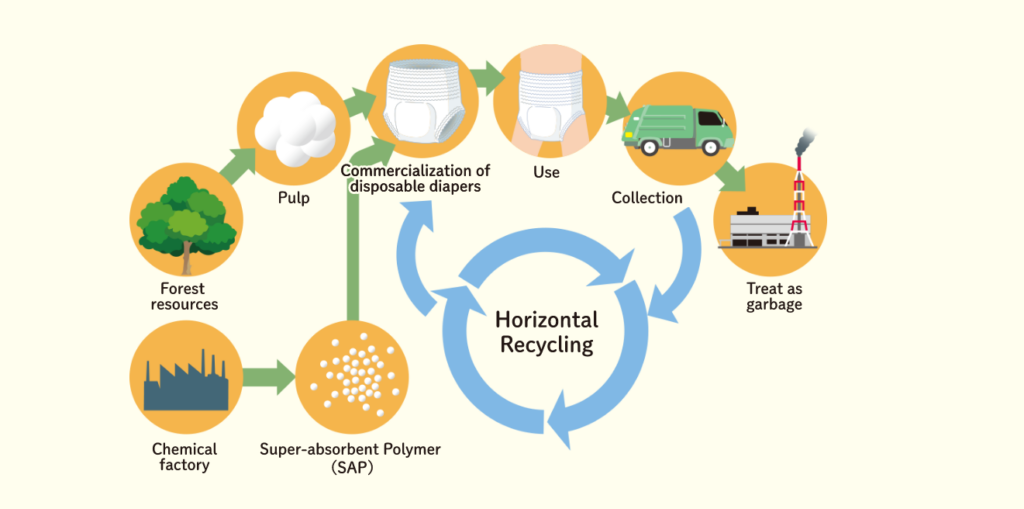
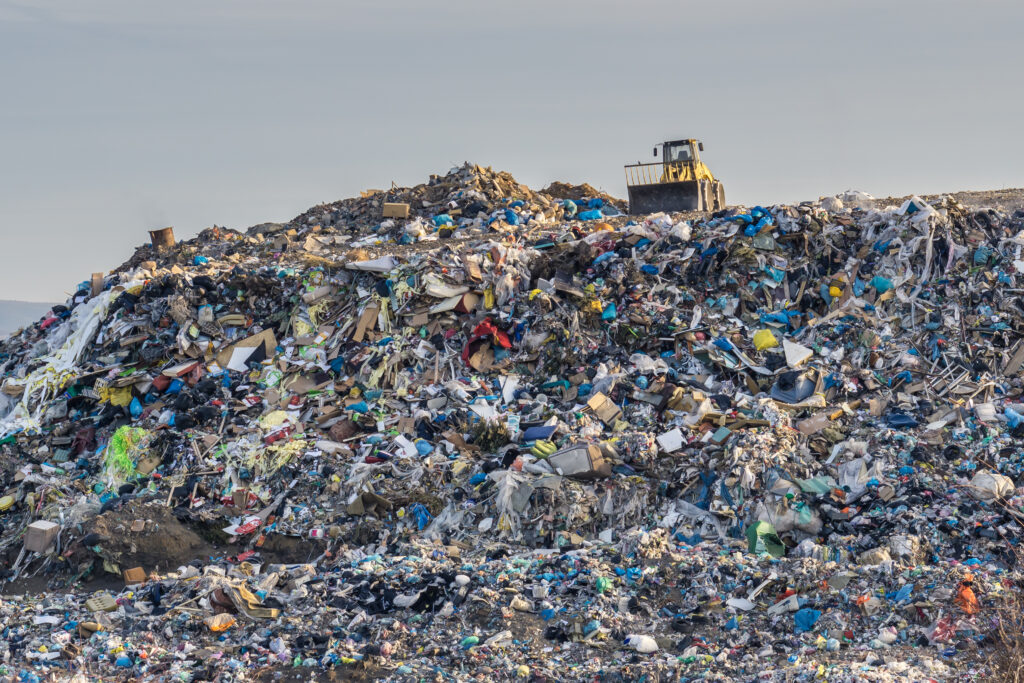



Subscribe for free